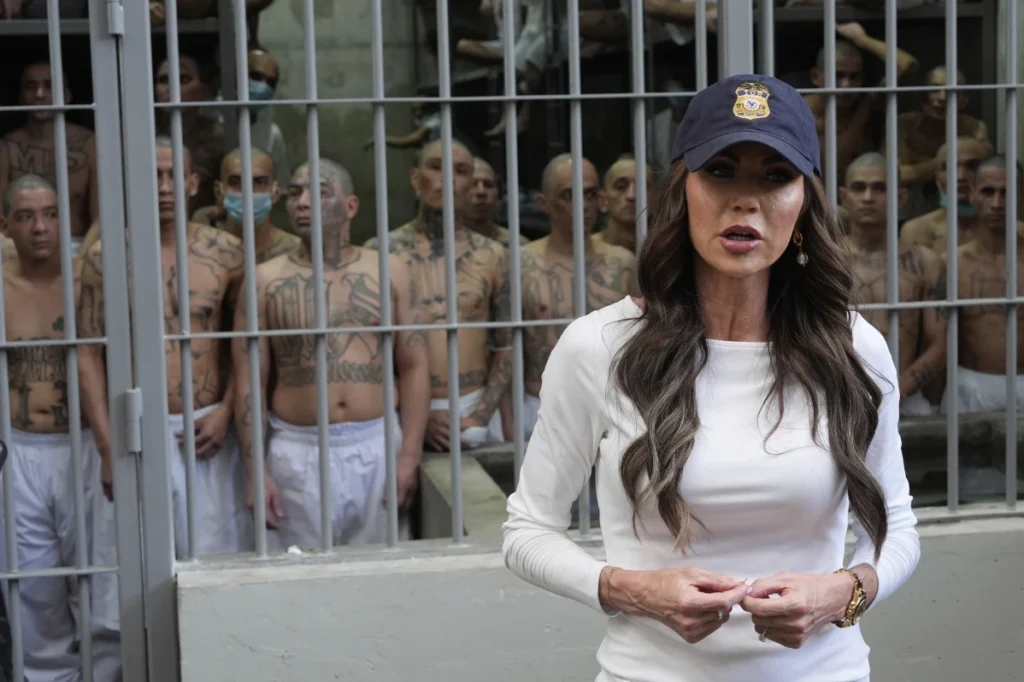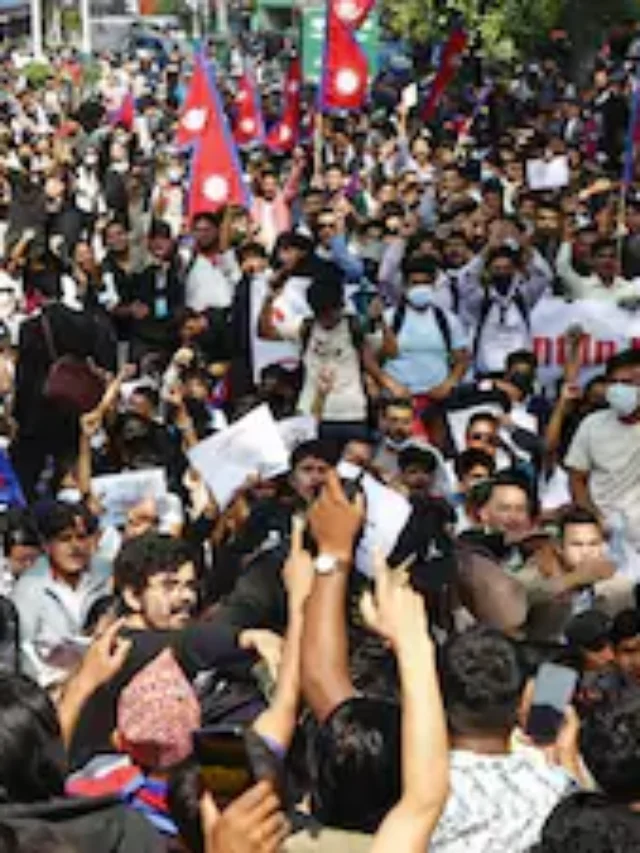
El Salvador President Nayib Bukele told reporters during a meeting with President Donald Trump on Monday that he wouldn’t return a man the Justice Department said it had mistakenly deported to his country
WASHINGTON (AP) — President Donald Trump’s top advisers and Nayib Bukele, the president of El Salvador, said Monday that they have no basis for the small Central American nation to return a Maryland man who was wrongly deported there last month. Bukele called the idea “preposterous” even though the U.S. Supreme Court has called on the administration to “facilitate” Kilmar Abrego Garcia’s return.
Trump administration officials emphasized that Abrego Garcia, who was sent to a notorious gang prison in El Salvador, was a citizen of that country and that the U.S. has no say in his future. And Bukele, who has been a vital partner for the Trump administration in its deportation efforts, said “of course” he would not release him back to U.S. soil.
El Salvador
“The question is preposterous. How can I smuggle a terrorist into the United States?” Bukele, seated alongside Trump, told reporters in the Oval Office Monday. “I don’t have the power to return him to the United States.”
Should El Salvador want to return Abrego Garcia, the U.S. would “facilitate it, meaning provide a plane,” Attorney General Pam Bondi said.
In a court filing Monday evening, Joseph Mazzara, the acting general counsel for the Department of Homeland Security, said it “does not have authority to forcibly extract” Abrego Garcia from El Salvador because he is “in the domestic custody of a foreign sovereign nation.”
Mazarra also argued that Abergo Garcia is “no longer eligible for withholding of removal” because the U.S. designated MS-13 as a foreign terror organization. Abergo Garcia’s attorneys say the government has provided no evidence that he was affiliated with MS-13 or any other gang.
The refusal of both countries to allow the return of Abrego Garcia, who had an immigration court order preventing his deportation over fears of gang persecution, is intensifying the battle over the Maryland resident’s future. It has also played out in contentious court filings, with repeated refusals from the government to tell a judge what it plans to do, if anything, to repatriate him.
The judge handling the case, Paula Xinis, is now considering whether to grant a request from the man’s legal team to compel the government to explain why it should not be held in contempt.
The fight over Abrego Garcia also underscores how critical El Salvador has been as a linchpin of the U.S. administration’s mass deportation operation.










